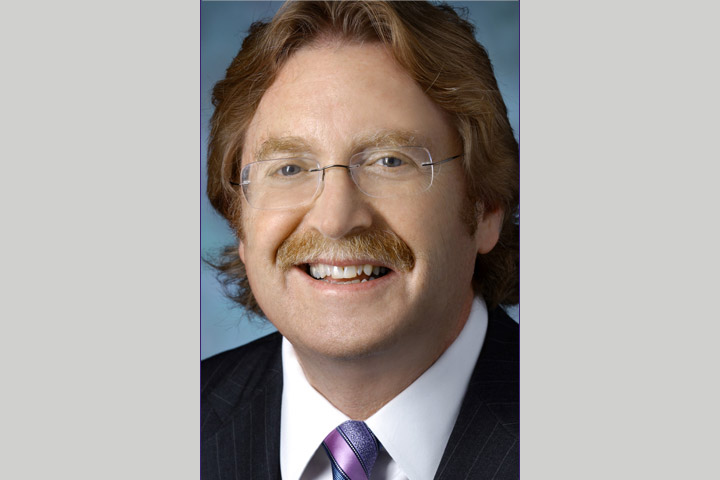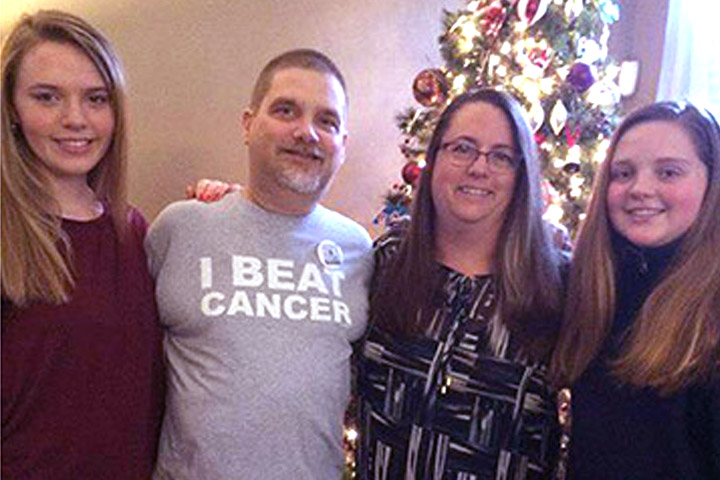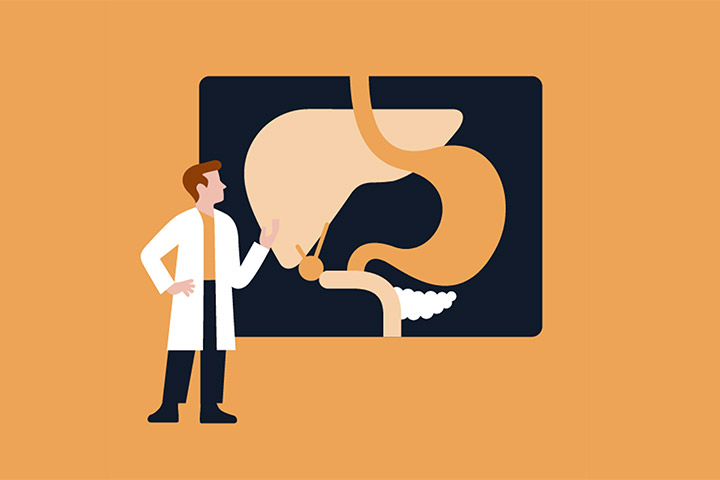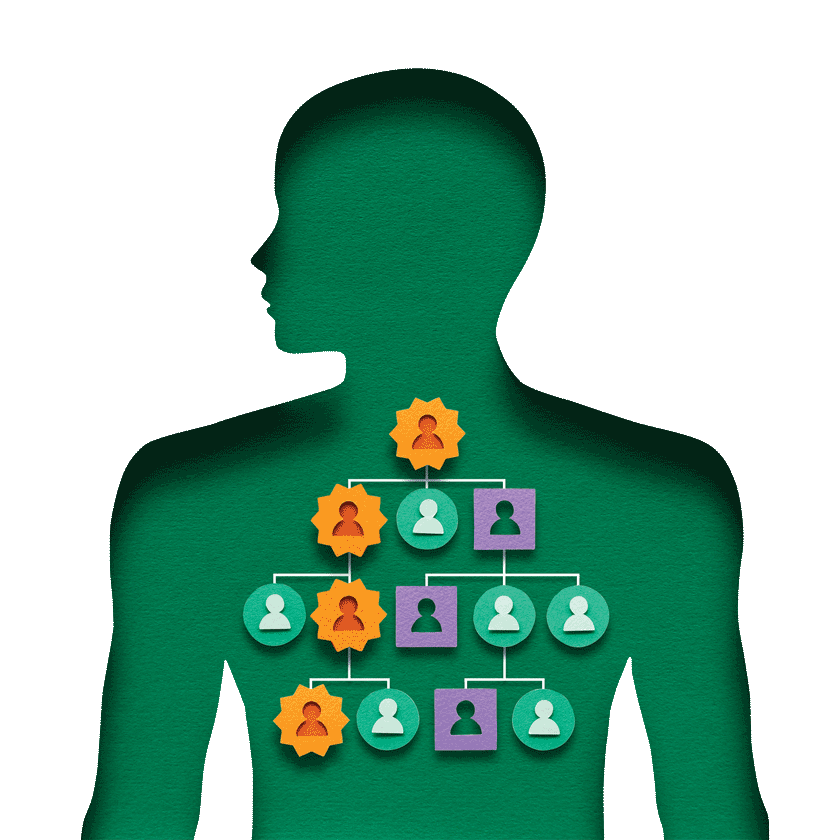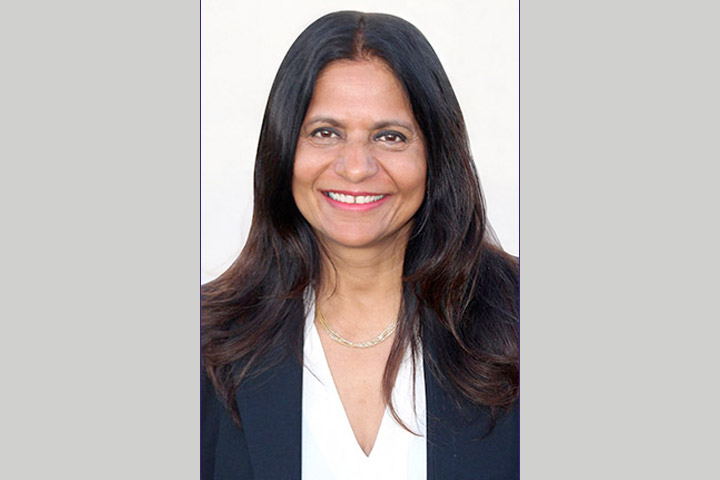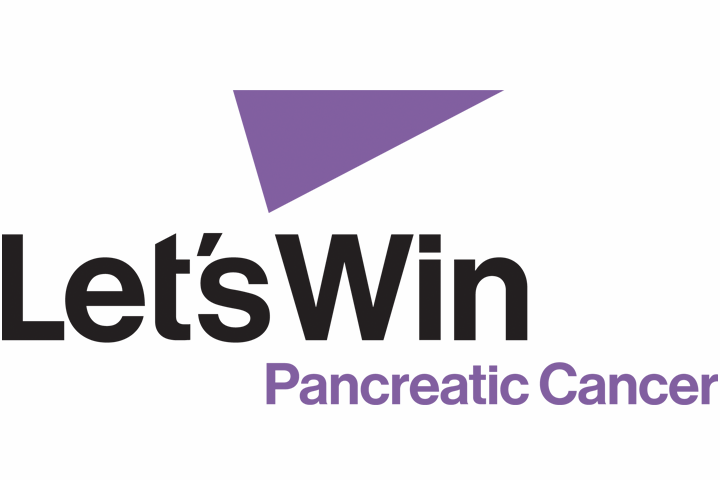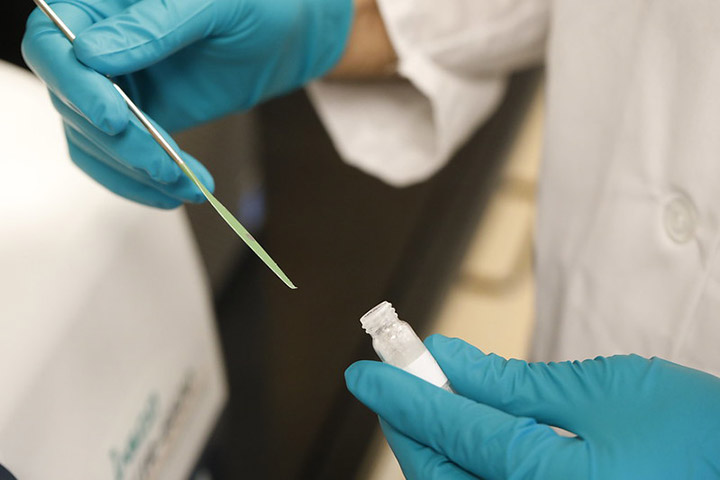PRECEDE Trial Sets Survival Rate Goal
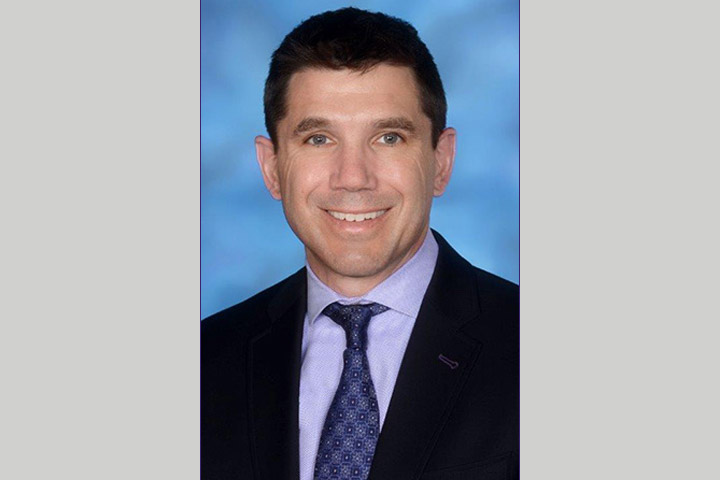
Improving survival outcomes for patients with pancreatic cancer is a complex task.
A better understanding of the basic biology of the disease and more effective treatments are both needed to raise the five-year survival rate beyond 12 percent.
A trial dubbed Pancreatic Cancer Early Detection (PRECEDE) has the seemingly lofty goal of increasing the five-year survival rate to 50 percent within the next 10 years.
“I don’t believe it’s a ‘pie-in-the-sky’ goal,” says gastrointestinal oncologist Raymond Wadlow, M.D., who serves as an investigator for the multi-site global study at Inova Schar Cancer Institute in Fairfax, Virginia. “There are a lot of really smart, really dedicated people working on this. So I truly think it’s an achievable goal.”
Like many physician-scientists researching pancreatic cancer, Wadlow has personal experience with the disease. His mother, former Virginia State Senator Emily Couric, died of advanced pancreatic cancer in October 2001. She was diagnosed in 2000 after experiencing vague abdominal symptoms. Wadlow had just gotten married and was doing his residency at the University of Pennsylvania (Philadelphia). “Perhaps it’s the way I’m built as an optimist or perhaps it was naïveté or some combination of both, but I thought my mother was going to beat this disease,” he says. “We were making progress in other cancers, and I thought considering the fact that she was relatively young, she was going to be okay. I was clearly wrong.”
After completing his residency, Wadlow went on to fellowship training at Massachusetts General Hospital and Dana-Farber Cancer Institute (both in Boston). It was during this time that he met and worked with many other pancreatic cancer patients. “There had been minimal progress since my residency,” he says. “It was a devastating disease when my mother died. It remains devastating today, and, despite incremental improvements in patient outcomes, most people diagnosed with pancreatic cancer continue to die within months of diagnosis. One of our biggest challenges is to detect the disease earlier, when treatment offers a superior chance of cure. Meeting this challenge is the primary goal of PRECEDE.”
About PRECEDE
The PRECEDE study is a long-term study of people at increased risk of developing pancreatic cancer, based on family history, presence of specific genetic mutations, a health history of chronic pancreatitis, or existence of a pancreatic cyst. Participation in the study involves blood work every six to 12 months, plus imaging for high-risk participants.
The study began recruiting patients in 2020; eligibility encompasses all high-risk groups, such as individuals with a family history of pancreatic cancer and those carrying pathogenic or likely pathogenic germline variants in genes linked to development of the cancer. The investigators plan to enroll 10,000 participants, including individuals with a genetic mutation such as BRCA1/2 or ATM, who may be considered for screening.
Individuals with a single first-degree family member with pancreatic cancer, who should undergo genetic testing, according to National Comprehensive Cancer Network (NCCN) Clinical Practice Guidelines in Oncology, are also included as well as a cohort of patients with pancreatic cystic tumors. Patients with pancreatic cancer who are found to have familial pancreatic cancer or who carry a gene mutation that puts them at risk for developing the disease, such as BRCA1/2, ATM, CDKN2A, and mismatch repair genes, are also part of the study.
“One of the tremendous opportunities created by PRECEDE is the development of collaborative processes and data sharing among participating institutions,” adds Wadlow. “That’s critically important if we are going to make a difference for patients and their families.”
Finding Solutions
Wadlow, who sees high-risk patients at the Inova Saville Cancer Screening and Prevention Center, says recruitment for the study is proceeding briskly. “Public awareness and advocacy for pancreatic cancer are growing quickly,” Wadlow says. “People want to do everything they can to protect themselves and their families.”
“We want to discover new genes associated with an increased risk of pancreatic cancer and to improve early detection strategies,” Wadlow says. “We need a better understanding of the genetic basis of the disease in high-risk families, and our hope is that lessons learned can be applied to the average-risk population to reduce incidence and mortality.”
Approximately 15-20 percent of patients diagnosed with pancreatic cancer have a genetic predisposition to the disease, but only about 10 percent have an identifiable germline mutation. The most common mutations associated with pancreatic cancer include BRCA (BRCA1 and BRCA2), but others include PALB2, ATM, CDKN2A, STK11, TP53, and PRSS1.
Current guidelines recommend universal germline testing for every patient who is diagnosed with pancreatic cancer. Healthy close relatives of pancreatic cancer patients with positive genetic testing would usually qualify for screening under current guidelines.
Diane Simeone, M.D., serves as Committee Chair of the PRECEDE Consortium and as Principal Investigator and Executive Committee Chair. Simeone is the Laura and Isaac Perlmutter Professor of Surgery and Pathology at NYU Langone Health, (New York). She is also director of the Pancreatic Cancer Center and serves as associate director for translational research for the Perlmutter Cancer Center. “It’s clear that to tackle the recalcitrant problem of early detection in pancreatic cancer, we need a new strategy. PRECEDE serves as a platform to bring many talented people together in a new way that is much more likely to be effective,” says Simeone. The PRECEDE trial has more than 40 participating institutions and has already enrolled over 3,700 patients.
“I’m giving a lot of time and effort to this because I’m excited about what we can accomplish,” Wadlow explains. “People have lined up to help, and I have no doubt that we are going to make substantial gains in the fight against pancreatic cancer.”
